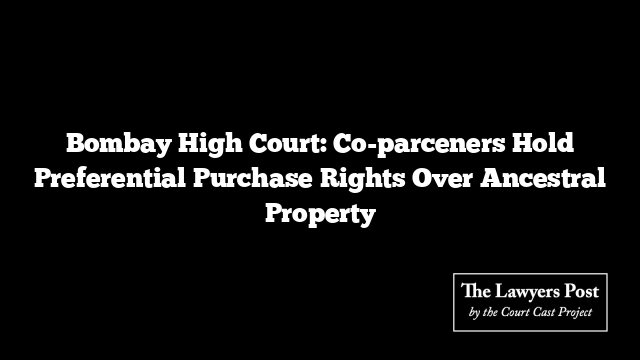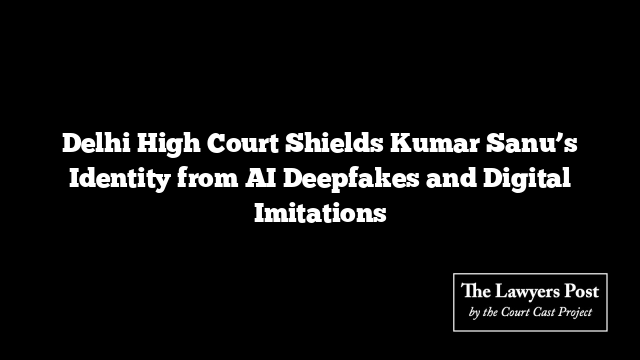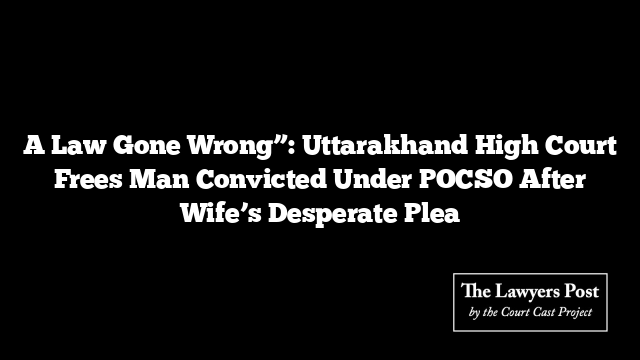In a ruling that sharpens the contours of succession law, the Aurangabad Bench of the Bombay High Court has reaffirmed that members of a Hindu joint family can invoke the preferential purchase right under Section 22 of the Hindu Succession Act, 1956, when the property remains ancestral and unpartitioned.
The verdict came in a long-running family dispute, Thukaram v. Haribhau, involving agricultural land in Radi village, Beed district. Three brothers had challenged the sale of portions of their ancestral land by their uncles and step-brothers to outsiders, arguing that their legal right to purchase the property first was ignored.
Justice Shailesh Brahme agreed. He ruled that when ancestral property has not been divided, the determination of “Class I heirs” under Section 22 must be traced back to the original ancestor—the propositus—rather than only to the most recently deceased family member.
“The plaintiffs are co-parceners having a birthright, and their status is akin to that of their uncles. They have a preferential right under Section 22 of the Act,” the Court observed.
The Family Tree of Dispute
The properties once belonged to Keshav, whose sons—Balkrushna, Haribhau, and Sadashiv—continued in joint possession. After Balkrushna’s death in 1981, his sons (the plaintiffs) remained on the land, cultivating alongside other family members.
Eight years later, in 1989, the plaintiffs’ uncles and step-brothers executed multiple sale deeds, transferring parts of the joint property to outsiders for sums ranging between ₹8,000 and ₹73,000. The plaintiffs sued, asserting that the land was still joint family property and that such sales violated their statutory right to purchase those shares first.
The Legal Turning Point
Justice Brahme examined witness testimony and documentary records, finding that the property was indeed ancestral and that no partition had ever been sought or completed. Even the defendants’ witnesses admitted they could not identify the specific shares sold, confirming the land’s undivided status.
The Court underscored that in an unpartitioned Hindu family, multiple generations may die intestate, complicating the determination of heirs. Thus, the key is to identify the propositus—the original ancestor from whom the property flows.
Since Keshav had died intestate and the land remained undivided, the Court held that he must be treated as the propositus. Consequently, both the plaintiffs and their uncles were co-Class I heirs, giving the plaintiffs the preferential right to buy the property under Section 22.
The Outcome
The High Court upheld earlier rulings favoring the plaintiffs, dismissing the appeals of the defendants. It also directed the plaintiffs to deposit the purchase price with 6% simple interest from December 31, 1992, within 90 days if not already paid, to acquire the property.
The judgment reinforces a vital principle in Hindu succession: as long as the ancestral property remains undivided, co-parceners’ preferential rights to preserve family ownership prevail over outside buyers.





